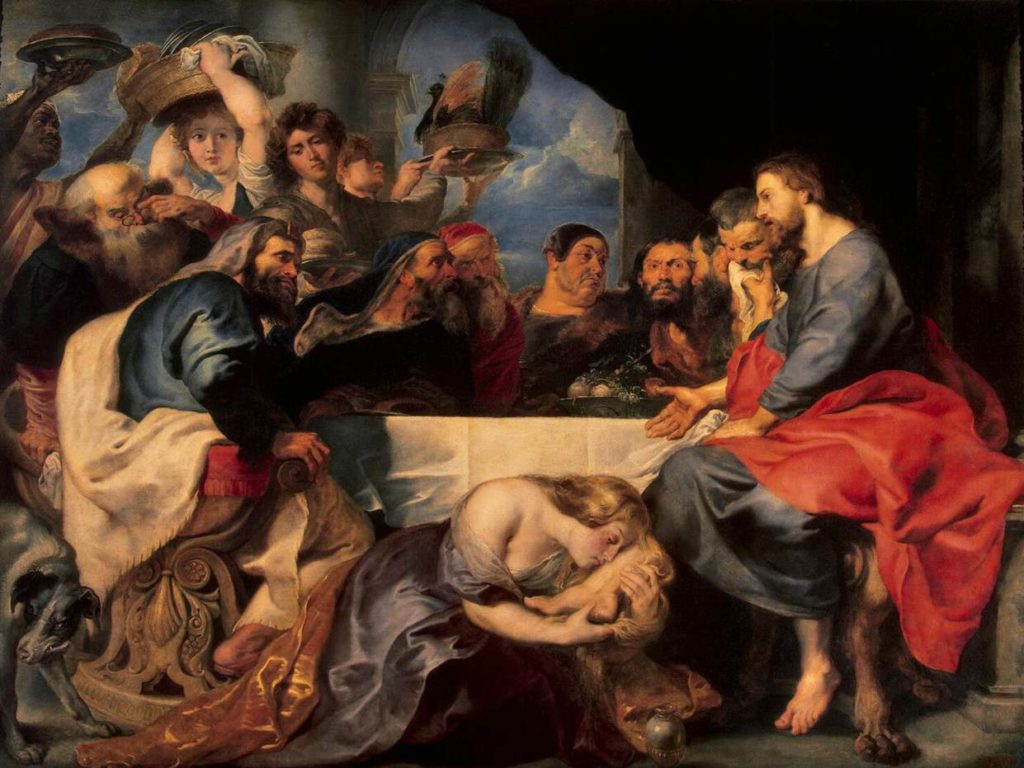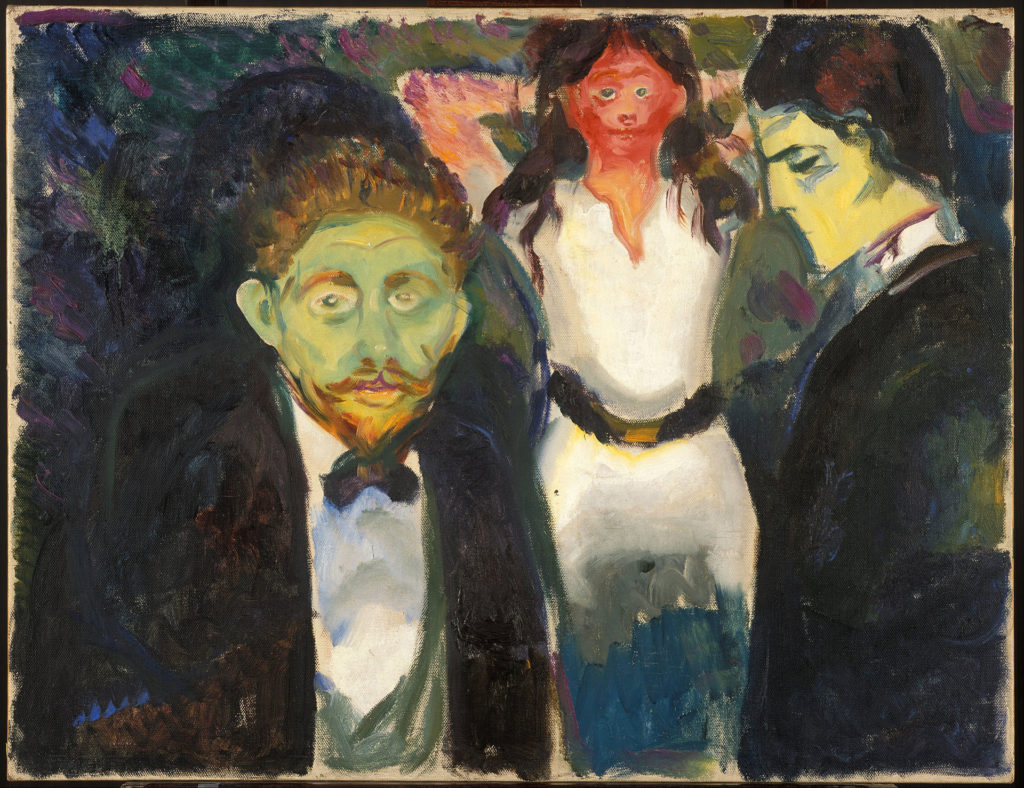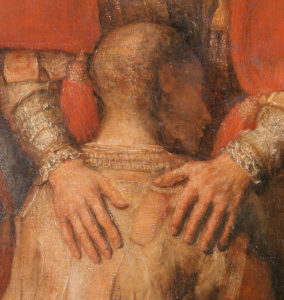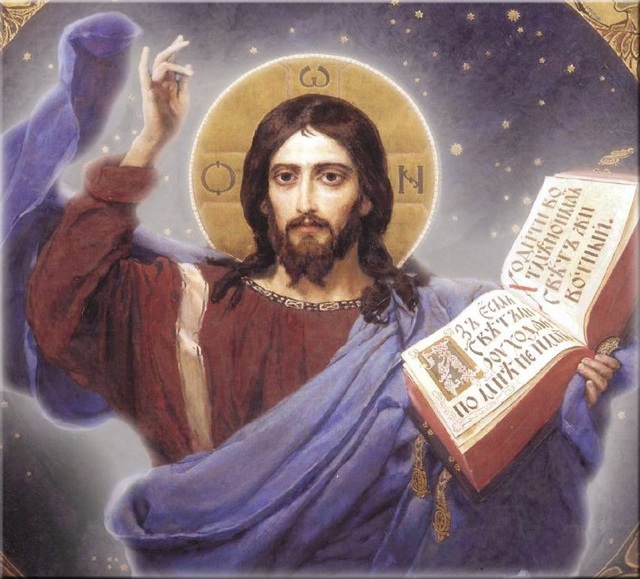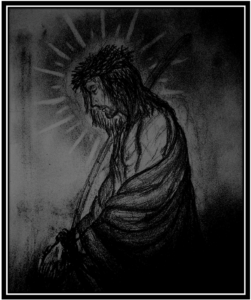In the Teresian analysis, the conditions for growth in prayer, the foundation for growth and prayer, is humility, detachment, and love of neighbor, as she has described in The Way of Perfection. Humility, detachment, and love of neighbor are the foundations of prayer, but the conditions for growth in prayer require solitude, fortitude, obedience, and especially generosity.
Too human prudence, a delicate issue for our egos, is a roadblock from transitioning to deeper prayer and deeper intimacy with God. So many of the gospel parables and gospel teachings take us way beyond the limits of just mere human prudence. So many of the gospel teachings talk about God’s lavish generosity.
It wouldn’t have been prudent for the prodigal father to receive his son back, put a robe on his back, put a ring on his finger, place sandals on his feet, have a celebration, and kill the fatted calf. Human prudence would say, ‘That’s a little bit too much!’ But this parable expresses the folly of God’s love. God’s love can be ridiculously generous and overwhelmingly good in lavishing of itself. That is supernatural’; that is agape.
We cannot get to agape love with too human prudence, I’m sorry! And I’m repeating that to myself more than to anybody else here. Here, spiritual reading and meditation is so important. As Sister Ruth Burrows says, ‘Study Jesus Christ in the Gospel and follow Him in His sacred humanity.’ That’s an echo of Saint Teresa. Sister Ruth Burrows says, ‘Do all you possibly can to get to know Him.’
In the Purgative Way, the first three mansions, the work of the mind is indispensable. Because God is not manifesting Himself in any direct way, we need to do the work to get to know Him in a practical way – learn our faith. People only really start to make effort, and actually learn our faith as adults firsthand and take the initiative to actually read something Catholic rather than just wasting our time with just novelties or trivialities, in the Second Mansion. Once people get to the Second Mansion, they actually start to read things that can be of benefit to their spiritual life.
Sister Ruth Burrows says, ‘Eat His words, take them right down into your heart, live them; take a story from the Gospels – read it, recall it, and then believe that you are the person in it with Jesus who questions and invites you to respond.’
The work of the imagination needs to be incorporated in the first three mansions.
Meditation through the effort of the mind is really important for beginners, as Saint John of the Cross would say.
The subtle subjects for meditation are many, but Saint Teresa insists that we meditate on the love shown by God and giving us a son. Go deep into that, try to understand that on a deeper level – on the love of Jesus Himself, on His life, His mysteries, especially His Passion and death.
Traditionally, in the first three mansions, it was suggested that a person meditate on sin and its consequences, on death, on mortality, the fact that we will be judged by God and everything will come into the light, and that there will be only winners or losers, heaven or hell. That very basic framework of reality was often suggested to be the focus of meditation in the first three mansions, in the Purgative Way.
Father Gabriel of St. Mary Magdalene says, “Meditation’s only aim is to enlighten the mind and enflame the heart, to move the will toward more virtuous living. In more contemplative prayer, meditation’s aim is to dispose the mind to contemplation, so as to nourish love – the quiet rest of the simple gaze of love fixed on Christ, or all three persons of the Trinity.”
In other words, we’re not thinking just to gain information, or to know more facts about the saints, and to explore our curiosity about a teaching. We’re only simply looking for something to enlighten our mind in faith, hope, and love in our relationship with God, in order to enflame our hearts, which will hopefully lead to a more virtuous living.
This disposition through the Prayer of Simplicity means telling God peacefully, with frequent pauses, in a thousand different ways, in your own words – that you love Him and that you desire to love Him more and more; that you want to prove your love for Him. It’s that coloqui. St. Teresa talks about the nectar of mental prayer, the heart-to-heart communication.
SOURCE: Teresa 5, Copyright 2018, Father Robert Barcelos, OCD


